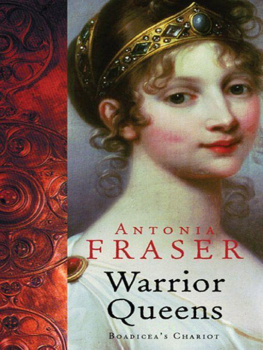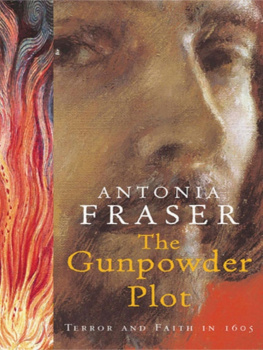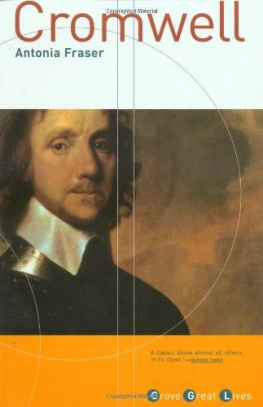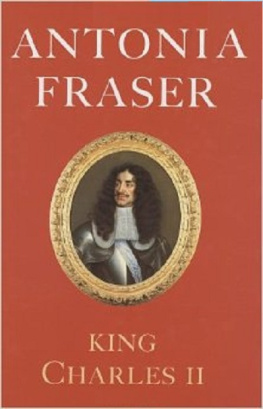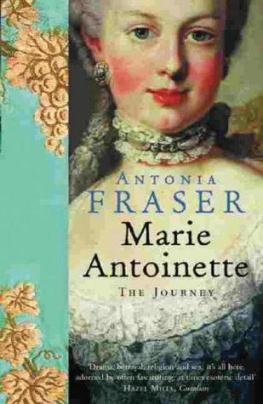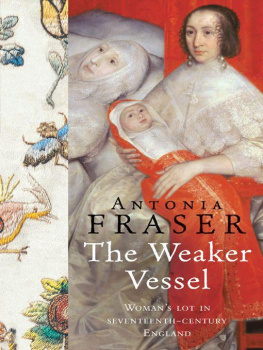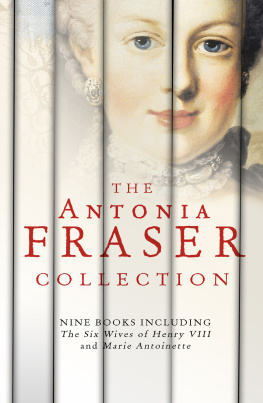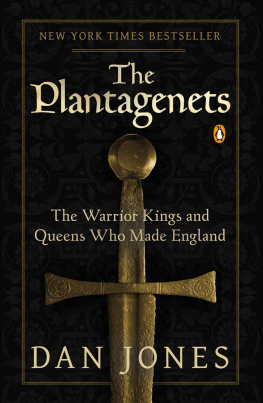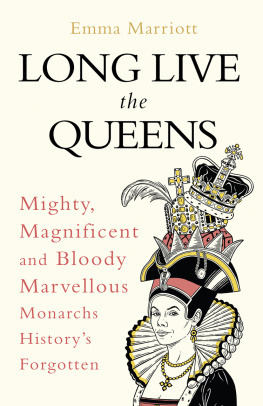Contents
For my eleven granddaughters
Stella, Blanche, Atalanta, Eliza, Honor,
Ana Sofia, Oriana, Phoebe, Miranda, Cecilia and Allegra
To inspire them
Thats the Romans for you four hundred years of occupying our country: these indignant words were spoken in 1986 by one who, like myself, was gazing down from an observers platform into some archaeological excavations in the City of London. Such robust patriotism, undaunted by the passage of quite a lot of time, reminded me of my earliest involvement with Queen Boadicea, via H. E. Marshalls inimitable Our Island Story, a work enjoyed by me with passion as a child in the 1930s. It was Boadicea the patriotic heroine whose story first thrilled me; I wept for her treatment and that of her daughters and wept again, but this time in admiration, for her death.
The word heroine, as opposed to hero, is important in all this: for there is no doubt in my mind that a part indeed a large part of Boadiceas appeal to me then lay in her female sex (the early feminism of those who have brothers close in age should never be underestimated). Half a century later in exploring both the history and the subsequent reputation of Queen Boadicea, those two interwoven themes of her patriotism and her femininity have not seemed to me either irrelevant or outmoded. I suppose therefore I can claim a lifetimes preoccupation with the subject of Boadicea, even if my early feelings of dislike for the misogynist Romans have waned just a little.
In recounting the stories of other Warrior Queens, as indeed in investigating that of Boadicea herself, I have obviously been dependent on the works of many scholars and experts in their field, to which detailed acknowledgement is made in the Reference Notes, but I should like to express my deep overall gratitude here. The spelling of proper names in a book crossing so many civilizations and cultures has obviously constituted a real problem; I have attempted to solve it by choosing that spelling I have judged most intelligible to the English-speaking world at the present date; but I should emphasize that ultimately these various choices have been mine, not those of the experts acknowledged above.
In particular I should like to thank the following: HM the Queen for gracious permission to quote from the Royal Archives at Windsor and Miss Jane Langton, late of the Royal Archives, for her assistance; Dr Chaim Herzog, President of Israel, for conversation on the subject of Golda Meir and permission to quote from material unpublished in this country; Dr Michael Grant for help and encouragement at many stages; Rana Kabbani for stimulating discussions and advice concerning the Arab world in general and Zenobia in particular, and General Moustapha Tlass, the Syrian Minister of Defence; my Georgian consultants, the late Sir Charles Johnston (who first called Queen Tamara of Georgia to my attention), Mr Laurence Kelly, Professor Nico Kiasashvili of Tbilisi, and Mrs Katharine (Vivian) Ashton; and Dr Graham Webster and his wife Diana, not only for his help but for their hospitality. Mrs Maria Fairweather provided me with fascinating information concerning the reputation of Queen Jinga (Nzinga) in modern Angola; lastly the help of Angus Clarke and Daniel Johnson, who acted as my occhi and my Augen respectively, translating references to Matilda of Tuscany and Louise of Prussia, was invaluable.
I wish to thank the following for advice and/or support in many different ways: Dr R. J. Bingle of the India Office Library and Records; Dr Philip Crummy, Director of the Colchester Archaeological Trust; Mr Frank Delaney with whom I discussed the title at an early stage; Mr Donald Freed; Mr Tony Garratt who reminded me of Charles Doughty; Mr Tony Gregory of the Norfolk Archaeological Unit; Gale of the Daily Telegraph (Mr George Gale); Earl Gowrie; Mr Henry Grunwald, former Editor-in-Chief of Time Inc. for references to early Vietnamese heroines, and Ms Judy Stowe of BBC External Services for information concerning their reputation in modern Vietnam; Sir John Hale; Lady Selina Hastings; Mr Christopher Hibbert; Princess Antoinette Hohenlohe; Dr Lisa Jardine; Mr John Keegan; Lady Pansy Lamb; Professor Joyce Lebra-Chapman for illustrative material concerning the Rani of Jhansi; Professor Karl Leyser; Ms Sharon Macdonald; Miss Elizabeth Owles of the Moyses Hall Museum, Bury St Edmunds; Dame Felicity (Hanbury) Peake for recollections of her wartime service; Diana Phipps; Mr C. A. Price; Mr Denis Richards; the Hon. Hannah Rothschild; Mr David Spanier; Ms Dale Spender; Emma Tennant; Mr Michael Trend; Mr Paul Usherwood; Ms Kaari Utrio; Marina Warner; and Simone Warner who was my wonderful charioteer in the summer of 1985 when we explored East Anglia.
I have received editorial suggestions and advice from a galaxy of stars in the firmament of publishing, including Robert Gottlieb; Christopher Falkus, Juliet Gardiner and Linden Lawson, all of Weidenfelds; Sunny Mehta of Knopf; and my agent Michael Shaw of Curtis Brown; Mr John Gillingham and Mr Alan Palmer provided helpful comments on the text; Ms Jane Blumberg checked the references and Mr Douglas Matthews of the London Library did the index: to each and all of these I have good reason to be profoundly grateful. As for Richard Bates, who created out of my unruly manuscript, with the aid of his word processor, the disks from which this book was set, it seems appropriate to quote the words of Henry James concerning art itself to express my thanks: I know of no substitute whatever for the force and beauty of its process. Finally I must not forget the Home Team: from my son Orlando Fraser who did research for me at the Colindale Newspaper Library and elsewhere, and my daughter Flora Fraser Powell-Jones, always prepared to discuss the Classical world with energy, to my mother Elizabeth Longford, who may never have realized what an editorial burden lay ahead when she first encouraged me to read history. My husband Harold Pinter, although coming last in these acknowledgements, is always the first to read my work: no words of mine can express my debt to him sufficiently, so I will use his to thank him for his support when I ventured into quite remote utterly foreign territories.
ANTONIA FRASER
St Cecilias Day 1986
Feast of St Joseph 1988
A singular exception a woman is often acknowledged the absolute sovereign of a great kingdom, in which she would be deemed incapable of exercising the smallest employment, civil or military.
GIBBON , Decline and Fall of the Roman Empire
E veryone knows about Boadicea. Every British schoolchild learns her story: the stark tale of her stand against the Romans flashes afresh to hold and horrify with each generation. Lest for a moment we forget her, on the banks of the Thames, not far from the Houses of Parliament, she stands aloft in her chariot, knives sprouting from its wheels; and it is in fact those murderous knives which stamp our perception of her indelibly. Hers is a gallant and a savage story. Even as we bow the knee, we shudder and step back as the Warrior Queen rides by.

